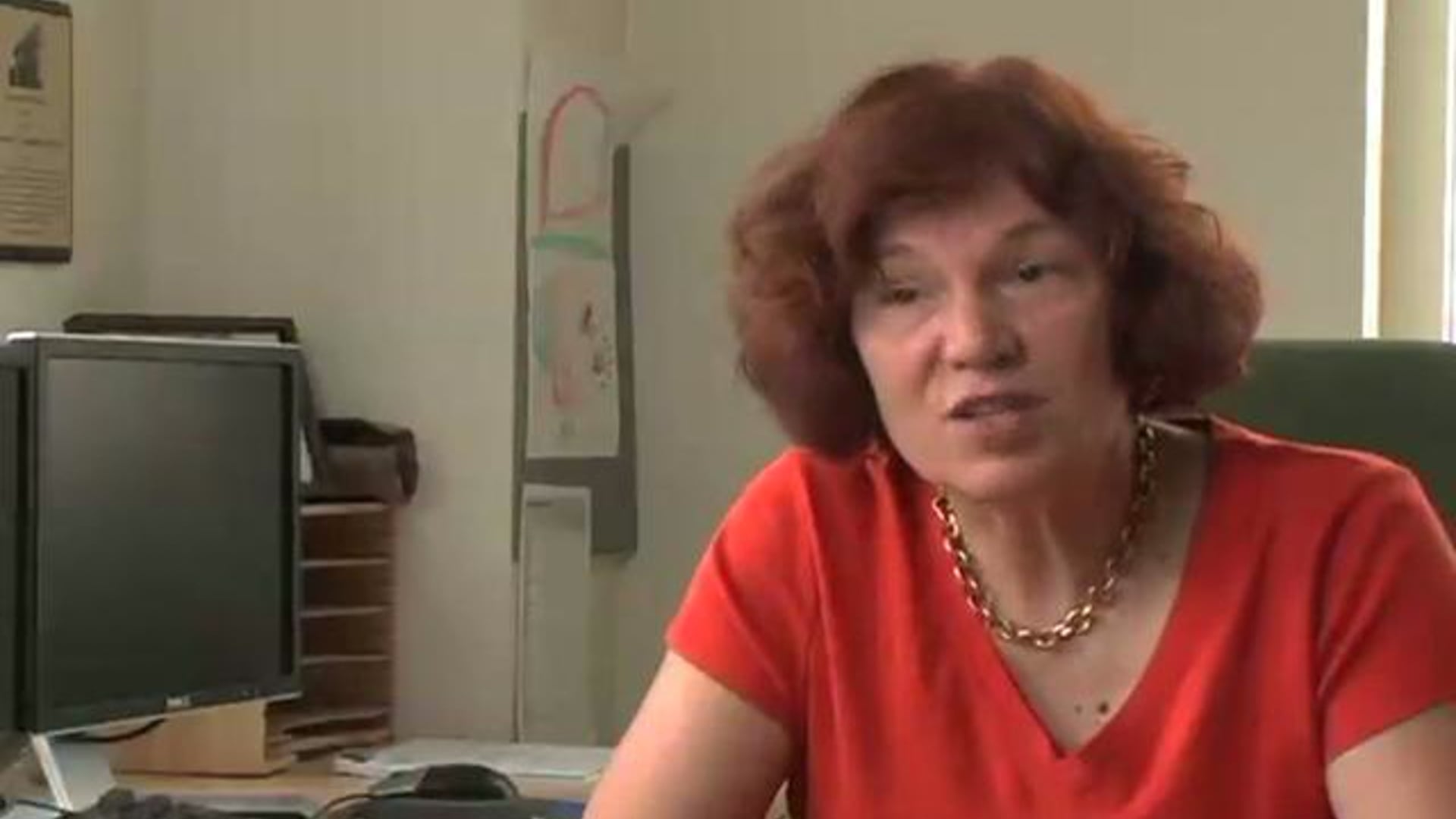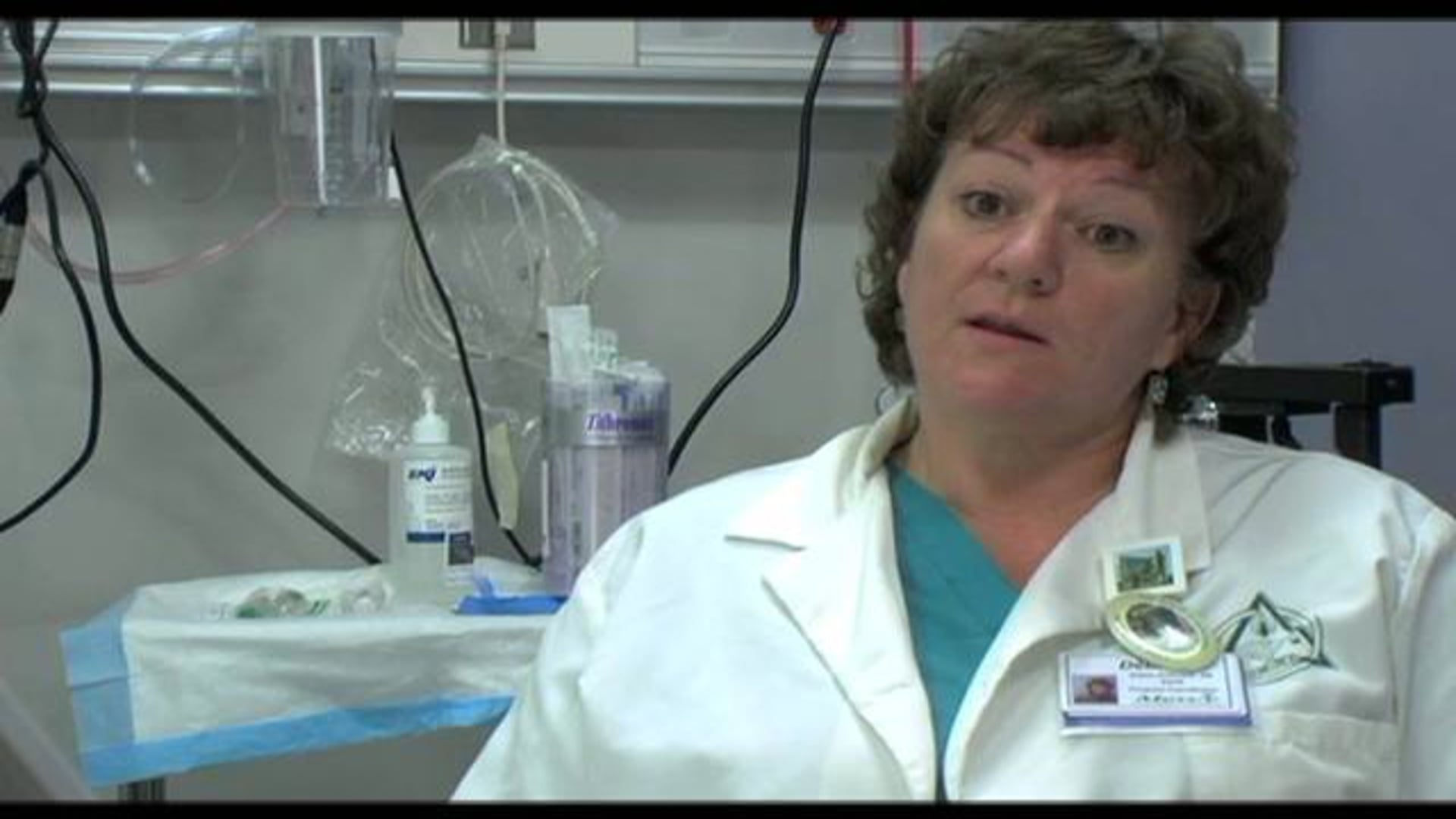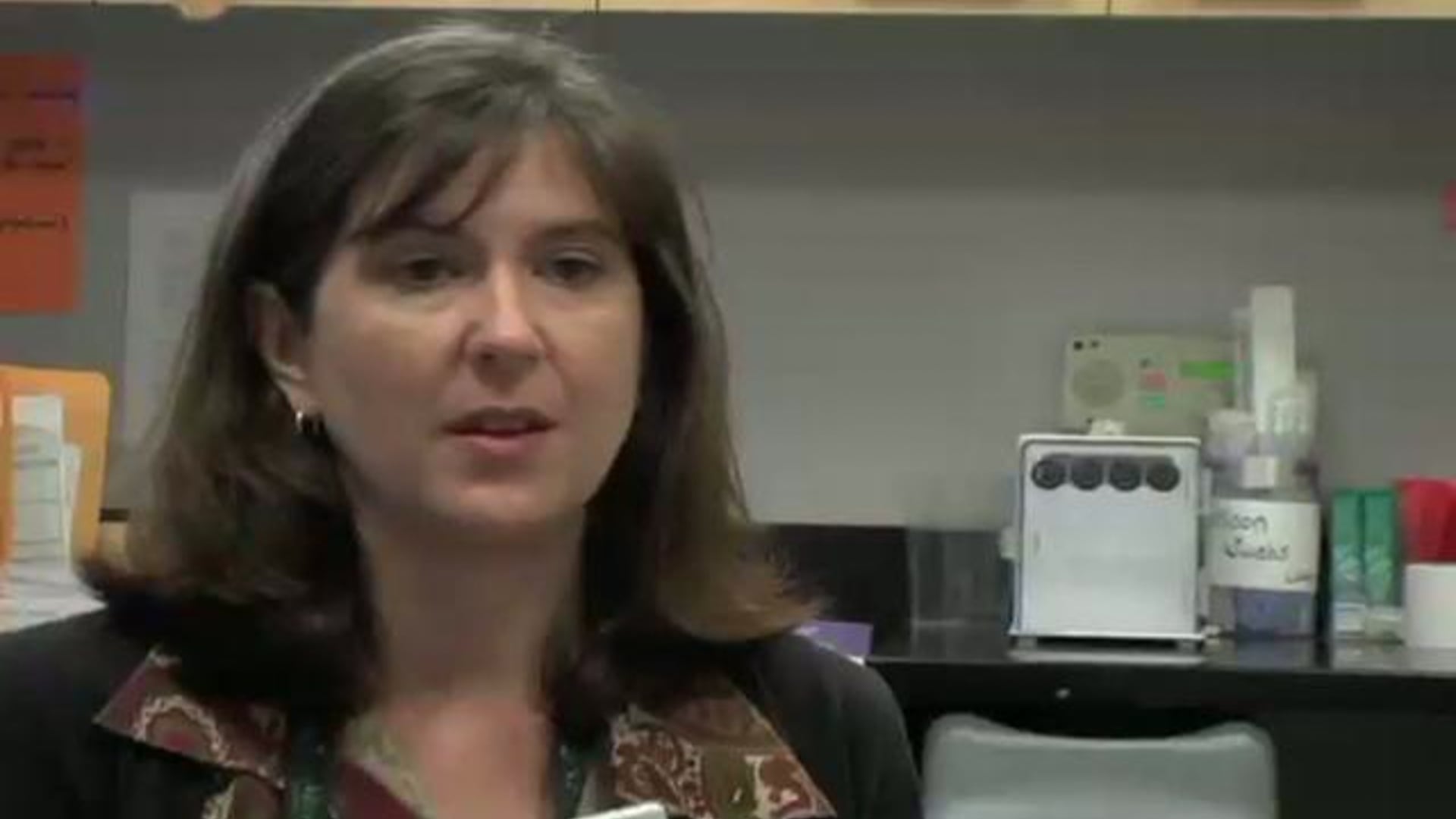Domestic Violence and Health Care
Most domestic violence victims never call the police or come in contact with the criminal justice system.
But almost all will see a doctor or a nurse (despite the flaws in the US health systems).
Battering sends many domestic violence victims to the emergency room. Many others seek treatment for the less obvious consequences of physical and emotional abuse — from back pain to depression.
Those moments of contact between care giver and patient have vast potential for saving lives and for reducing the tragic impact of domestic abuse. By asking the right questions in the right way, doctors and nurses can help victims make the crucial first steps toward getting help.
Medical professionals are already required by accreditation standards to screen for abuse. But the minimum standard is not enough. Here are some of the solutions explored in the video:
- Doctors and nurses need to know how to ask the right questions.
- Hospitals need to integrate domestic violence practices throughout all departments.
- Health care providers should develop relationships with advocacy groups and organizations that can provide follow up services to victims who take the brave first step toward stopping the abuse in their lives.
In her own words: Jackie Campbell
“One of our challenges is not only to have policies in place that say that nurses and physicians need to routinely assess for domestic violence, but how they do it. If they’ve got a checklist and they say, “you’re not abused are you?” or ask it in a way that’s not engaging, that’s clearly uncomfortable. “
Kim’s story: health plays a crucial role
The story of Kim Mosher, the central subject of “Power and Control,” very dramatically shows the tragic link between abuse and health. Kim’s history of abuse goes back to her childhood and continued into her marriage. At crucial junctures in Kim’s life, health problems have determined Kim’s life choices. Her symptoms range from suffering a stroke (she is only 32) to a diagnosis of PTSD. Most dramatically, her decision to reunite with her husband came at a time when she was in the hospital and needed someone to take care of her daughters.
Partner Profile: Mercy Medical Center
Mercy Medical Center in Baltimore, MD invited us to film in the hospital for three days. Mercy’s welcome allowed us to film around the ER and the mother baby unit. We interviewed many of Mercy’s doctors and nurses, ranging from department chairs to nurses swaddling infants in the nursery. And we followed Colleen Moore, coordinator of Mercy’s Family Violence Response Program, through her rounds in the hospital and her work in the community.



